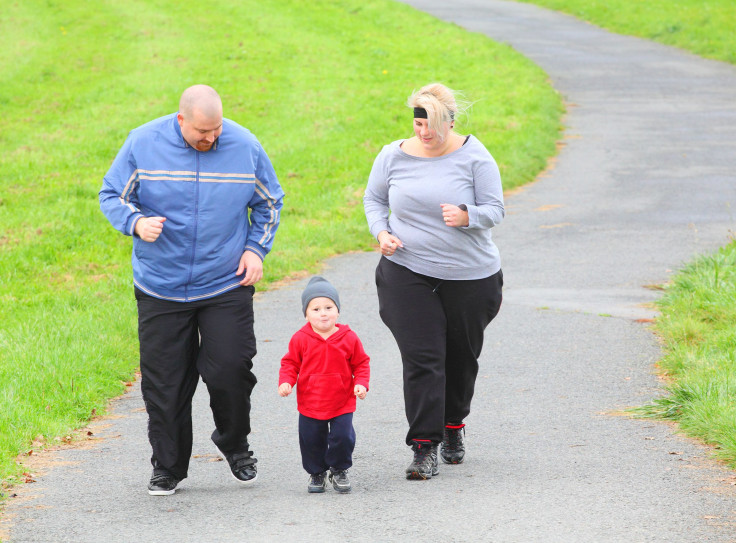A Little Lazy vs. Super Lazy: Encouraging Even Small Increases In Exercise Lowers Your Risk Of Death

Going from an entirely inactive lifestyle to a slightly less inactive one can reap major benefits for your health and longevity, according to a new study. The news might be particularly useful for the myriad of Americans who struggle with chronic weight-related disorders, such as obesity and diabetes.
The study, published in the American Journal of Clinical Nutrition, was led by researchers at the University of Cambridge and analyzed data from 334,161 Europeans who were tracked for 12.4 years. The researchers examined their height, weight, waist circumference, frequency of exercise, as well as drinking and smoking habits. They found that “across all strata for both general and abdominal adiposity, a markedly reduced hazard was observed between those categorized as inactive and those categorized as moderately inactive,” the authors wrote. Adiposity is another word for body fat.
In the study, the authors defined inactive as doing absolutely no physical activity, and moderately inactive as walking briskly for 20 minutes per day. In other words, merely walking for 20 minutes per day led to a 20 to 30 percent decrease in overall mortality risk compared to people who did nothing.
Weight loss comes with numerous actions — reducing calorie intake, being physically active, and eating healthier, nutrition-rich foods. But as many people know, embarking on a journey of changing your lifestyle can be harder than you might imagine. This is why the study offers hope to those struggling with losing weight: even the slightest change can have major results. The authors found that even people who ate heavily saw an improvement in overall health if they walked for 20 minutes every day compared to those who didn't.
“The greatest reductions in mortality risk were observed between the 2 lowest activity groups across levels of general and abdominal adiposity, which suggests that efforts to encourage even small increases in activity in inactive individuals may be beneficial to public health,” the authors write in their conclusion. So if changing your diet and lifestyle may seem intimidating at first, remember that there's hope: The baby steps can make a dramatic difference on your health.
Source: Ekelund U, Ward H, Norat T, Luan J, May A, Weiderpass E. “Physical activity and all-cause mortality across levels of overall and abdominal adiposity in European men and women: the European Prospective Investigation into Cancer and Nutrition Study (EPIC). American Journal of Clinical Nutrition. 2014.
Published by Medicaldaily.com



























